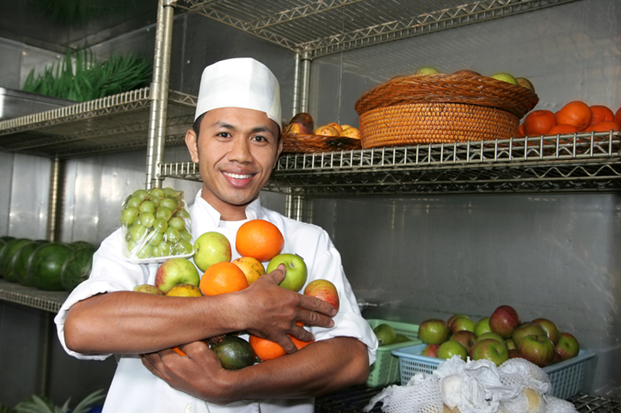Storing food safely is what prevents the proliferation of illness-causing bacteria like Salmonella, E. Coli, and Listeria. If any of these food-borne invaders manage to grow in numbers, they can cause food poisoning. Not only is food poisoning nasty to experience, but it can also get those who professionally handle food for others in quite a bit of trouble, hence the necessity to really know your way around safe food storage.
Aside from the more well-known basics of safe food storage like avoiding keeping perishable foods above 4°C for more than two hours, there are some important considerations to keep in mind. Some foods, for example, are more finicky than others when it comes to their storage requirements. To find out what some of these are and how to handle them, keep reading!
Storing Eggs Safely Depends on Several Factors
Eggs are master shape-shifters that can be used in a myriad of different ways. As marvelous as they are, this makes them a rather fussy specimen when it comes to being stored safely. There are different rules for safely storing whole eggs as opposed to raw yolks, boiled whites, and so on.

The rules for storing eggs are as varied as the ways you can prepare them
When it comes to storing cooked eggs, a number of rules apply depending on how the eggs were made. Hard-boiled eggs can be stored in the fridge for up to four days while soft-boiled eggs will only survive two and poached eggs one. If you’re storing cooked egg whites and yolks separately, then the whites will make it through two days wrapped in cellophane while the yolks can only be kept for about 24-36 hours. The same applies to freshly-made condiments that contain raw egg yolks. You should also keep in mind that all whole eggs should be immediately cooled in an ice bath before they can be stored.
Eggs can also be frozen! You can comfortably freeze cooked egg whites, separated fresh whites and yolks, and also beaten mixtures of the two. Just take care not to freeze whole fresh eggs.
Cooked Rice Is an Outlier When it Comes to Standard Storage Rules
Professionals with a food handling certificate know that cooked foods can typically be kept in the fridge for up to two days if allowed to cool thoroughly and if they are refrigerated within no more than two hours after being made. However, cooked rice is an outlier to this rule. This is because uncooked grains of rice might have among them microscopic spores of Bacillus cereus, a foe to gastrointestinal health. These spores can survive being cooked, and if they have the chance to grow into bacteria, the results can be quite unpleasant.

Cooked rice looks harmless, but it could harbor Bacillus cereus bacteria
So how can you avoid contamination? Ideally, cooked rice should be eaten as soon as possible. If you must store it, however, it needs to pop into the fridge within not two but one hour of being cooked. In addition, cooked rice that has been in the fridge for more than one day should be thrown out immediately. And, just as with other stored leftovers, cooked rice should not be reheated more than once.
Knowing How to Store Meat Is a Must for Those With a Food Handling Certificate
One of the most critical things to know before you take your food handler exam is how to store meat such as poultry and seafood. When raw or undercooked, these can be a source of pathogenic bacteria that won’t alter the look or smell of the meat, but can nonetheless cause food poisoning. First and foremost, meat needs to be chilled in a clean and sealed container at or below 4°C to slow the growth of bacteria. In addition, these meats should be kept on the bottom shelf of a refrigerated area to avoid having any of their liquids accidentally drip onto other foods and potentially contaminate them.
Secondly, meat should always be used by the “use by” date on the label, unless it is frozen. Freezing any food will completely halt the growth of bacteria, but keep in mind that it can deteriorate the food’s quality over time. When thawing meat, it should once again be placed in a sealed container away from other foods.
Are you looking to become a certified professional food handler?
Contact AAPS to learn about our food handling course!




